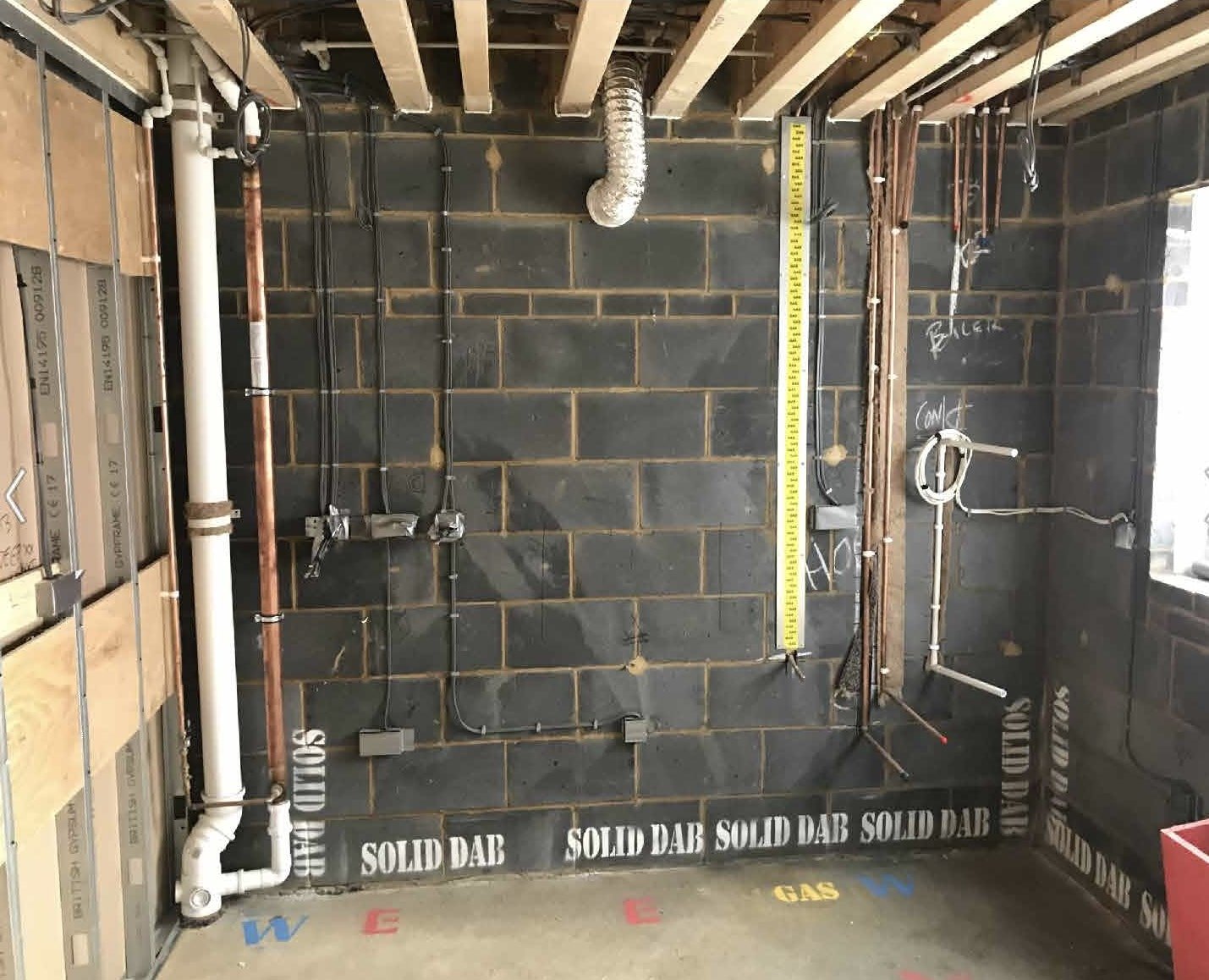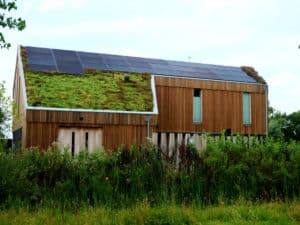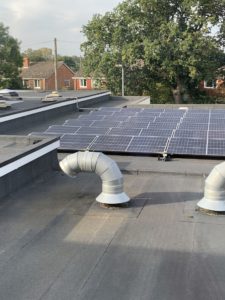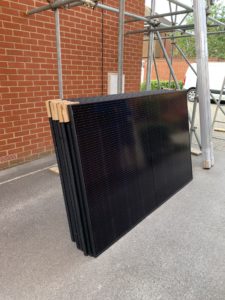A Waste Water Heat Recovery System can save you money year round while giving you the seal of approval. But how do they actually work and are they worth the money?
When it comes to making your home or development as environmentally-conscious as possible, the options really are limitless. We’ve come a long way in terms of sustainable choices; it’s so exciting to see.
But, this abundance of choice can present a slight issue… how do you know which avenue to go down?
We all know that energy efficiency and sustainability are my ultimate cups of tea. Yet I know they aren’t for everyone.
That’s why I want to break down the confusion and misconceptions around energy performance options so that you can find the system that’s right for you with total ease.
So, what is a Waste Water Heat Recovery System?
One of these options is Waste Water Heat Recovery (WWHR). WWHR extracts heat from the water when you use your shower and repurposes it to warm the incoming mains water. WWHR can be connected to showers and shower over baths.
It does this by passing your waste water through a heat exchanger and then using it to pre-warm the cold feed of your thermostatic shower.
Sounds handy, right?
How effective is a Waste Water Heat Recovery System?
This is where it gets a tad complicated.
These devices are roughly 60% efficient, so they recover 60% of energy that would normally go down the drain. This heat is then used to raise the temperature of the cold feed from 10oC – 12oC to 25oC – 28oC. This pre-heated cold water can then be sent to the cold feed of the thermostatic shower, and/or the hot water source (i.e cylinder or combo boiler). This will reduce the volume of generated hot water required for each shower and reduce the amount of energy you’re using to heat your water to the right temperature, whilst also reducing the strain on your boiler too.
60% is nothing to be sniffed at (Represents a reduction in shower energy use of 51%), and it gives you the potential for savings on your bills while taking a more responsible approach to your hot water use.
What’s the catch?
A WWHR isn’t cheap; for the system itself and the installation, you could be looking close to the £1000 mark. For the amount it could save you, there are perhaps more cost effective ways to minimise your hot water usage. These could be as simple as:
- Less time in the shower
- Fewer baths
- Choosing a dishwasher over handwashing
- Less washes in your washing machine
Saying that, if you are a home that uses a high amount of hot water and would struggle to cut this back, you may find the payback worth it.
Likewise, for new builds, installing a WWHR will enhance the property’s sustainability credentials and may even save money on building costs. It will also give you a boost when it comes to your SAP calculation if you need a helping hand.
Plus, they’re relatively easy to install and, once in place, are undetectable.
My recommendation?
As a retrofit option I would install a WWHR as a last resort; initially, try reducing your usage without the system in place and you could easily save the same amount of money and still have a positive environmental impact.
If you’re working on a new development and and want the most cost-effective SAP compliance package possible, I would recommend considering putting in a WWHR. They’re simple enough to install and will certainly have a positive impact for the long term, and installed costs to developers of £400-£500 are realist at first fix.
Want to find out more about this? Get in touch and let’s have a chat. I can talk you through the best options to boost the energy performance of your property.
Thanks to Showersave for kindly allowing me to use their image. You can find out more about their products at http://showersave.co.uk/how-it-works/





















